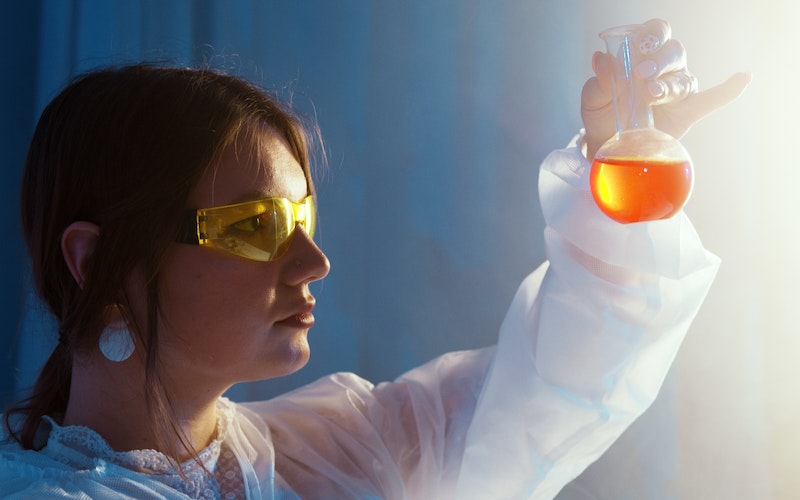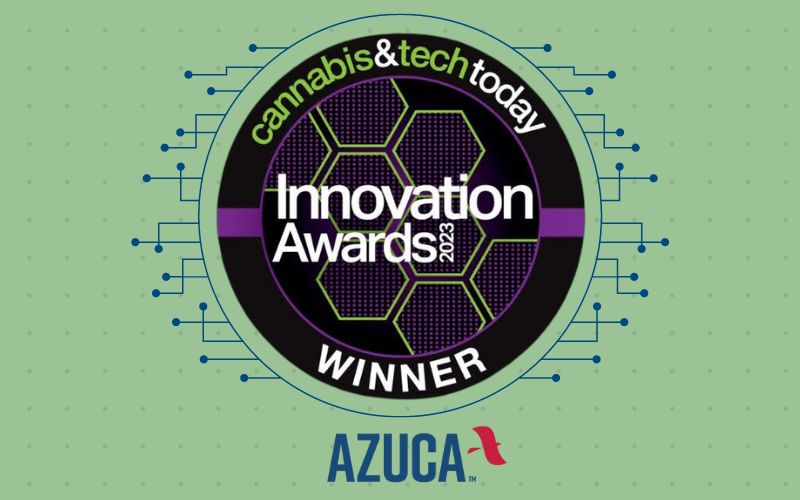If you’re a woman working in a STEM field and considering pivoting to a career in cannabis, there’s never been a better time. Year-over-year sales for the industry have seen steady growth. In 2015, MJBizDaily reported cannabis sales reached $3.18 billion annually. By the end of 2022, the industry saw sales rise to $33 billion. Based on this trend, MJBizDaily and other industry analysts believe that by 2026, sales will exceed $50 billion.
Indeed, these are difficult projections to make. As more states and U.S. territories continue legalizing cannabis for either medicinal or adult use, these figures could prove conservative. And if the feds can get their act together to legalize on a federal level, there’s no telling how this will positively impact sales.
As the industry continues growing, whether you’re considering plant-touching (cultivation, dispensaries, manufacturing) or ancillary (think as narrow or broad as you like, but any company that plays a supportive role for plant-touching), opportunities abound in this dynamic industry. And for women in STEM, you can parlay your experience into a field that’s not only projected to grow but also is part of people’s healing.
If you’re concerned about the lack of diversity for women and people of color in the cannabis industry, it’s well-founded. We have become all too conditioned to respond with anything from surprise to pride when a young woman (particularly of color) chooses a career in STEM.
According to a U.S. Census report from 2019, women comprised a mere 27% of the 10.8 million people holding STEM jobs. Of those, women of color (defined as Black, Asian, Hispanic, or Indigenous) combined are 13.4%.
The numbers are similar in cannabis. In 2021, MJBizDaily published its third edition of “Women and Minorities in the Cannabis Industry,” reporting that women held 22.1% of executive positions. Two years prior, women comprised 36.8% of executive jobs.
Despite these numbers, women are drawn to cannabis, particularly in STEM-related fields. As attitudes shift from seeing consumers as stoners to understanding the power of this plant, as other industries show sluggish growth and more states end prohibition, STEM-related jobs in the industry are increasing.
Vertical Farming for the Space-Limited and Apartment-Dwelling Cannabis Grower
Aja Atwood is the CEO of Trella Technologies in Norwood, Massachusetts, which she co-founded with partner Andres “Dre” Chamorro III. Its signature product, TrellaGro LST, is a patented and fully automated plant-training robot to grow more with less time, space, and waste. The TrellaGro LST works well for both cannabis cultivators and city dwellers who are confined by space.
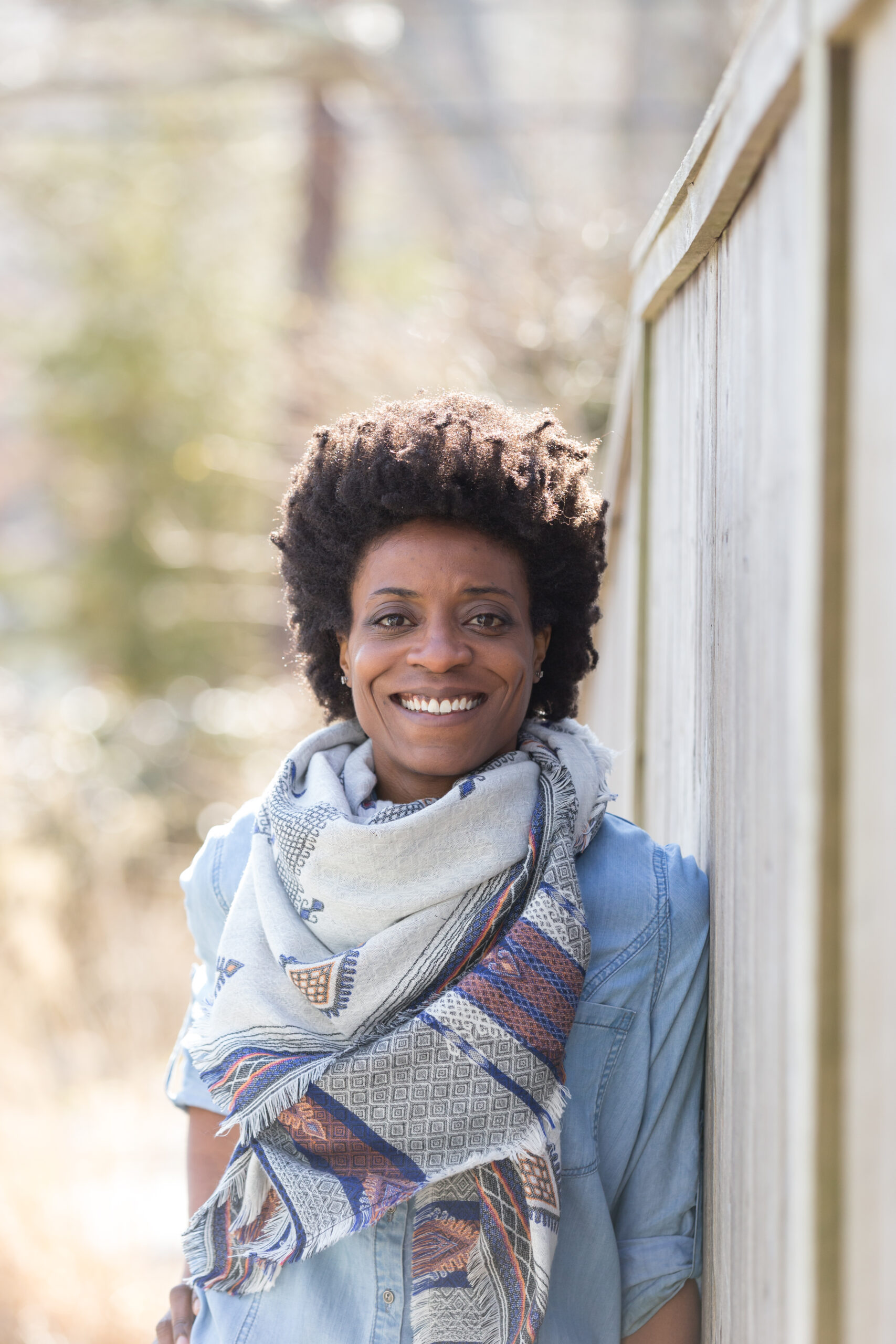
Atwood discovered cannabis during college when she was playing tackle football. And while she saw it as recreational use, Atwood later realized she was consuming to, as she phrased it, “self-medicate after gang tackle. I didn’t understand the medicinal benefits until I started catching some documentaries, doing research, and reading books. It’s incredible healing properties inspired me.”
With a Bachelor of Science in Mechanical Engineering from Northeastern University, Atwood worked in various companies as an engineer. After three years with the American International Group (AIG), Atwood realized her calling was sustainable agriculture.
Massachusetts had just legalized cannabis for adult use. “I wanted to use my engineering background to help space-constrained growers. I pinch myself realizing I can use my degree and years of training to help people heal. It’s humbling.”
From Biotech to Cannabis: A Pretty Common Segue
Before working in cannabis, Jessica Tonani used her Master of Science in Immunology to launch her career in biotech. “I got lucky early,” Tonani explains, “and got a job identifying genomic diversity that may lead to differences in therapeutic responses to drugs.
It was the beginning of the human genome project, and I stayed in the genomics space for a little over a decade. When I left Affymetrix, I co-founded a consulting company specializing in life sciences. Through that company, I co-founded a company that built a DNA sequencer.
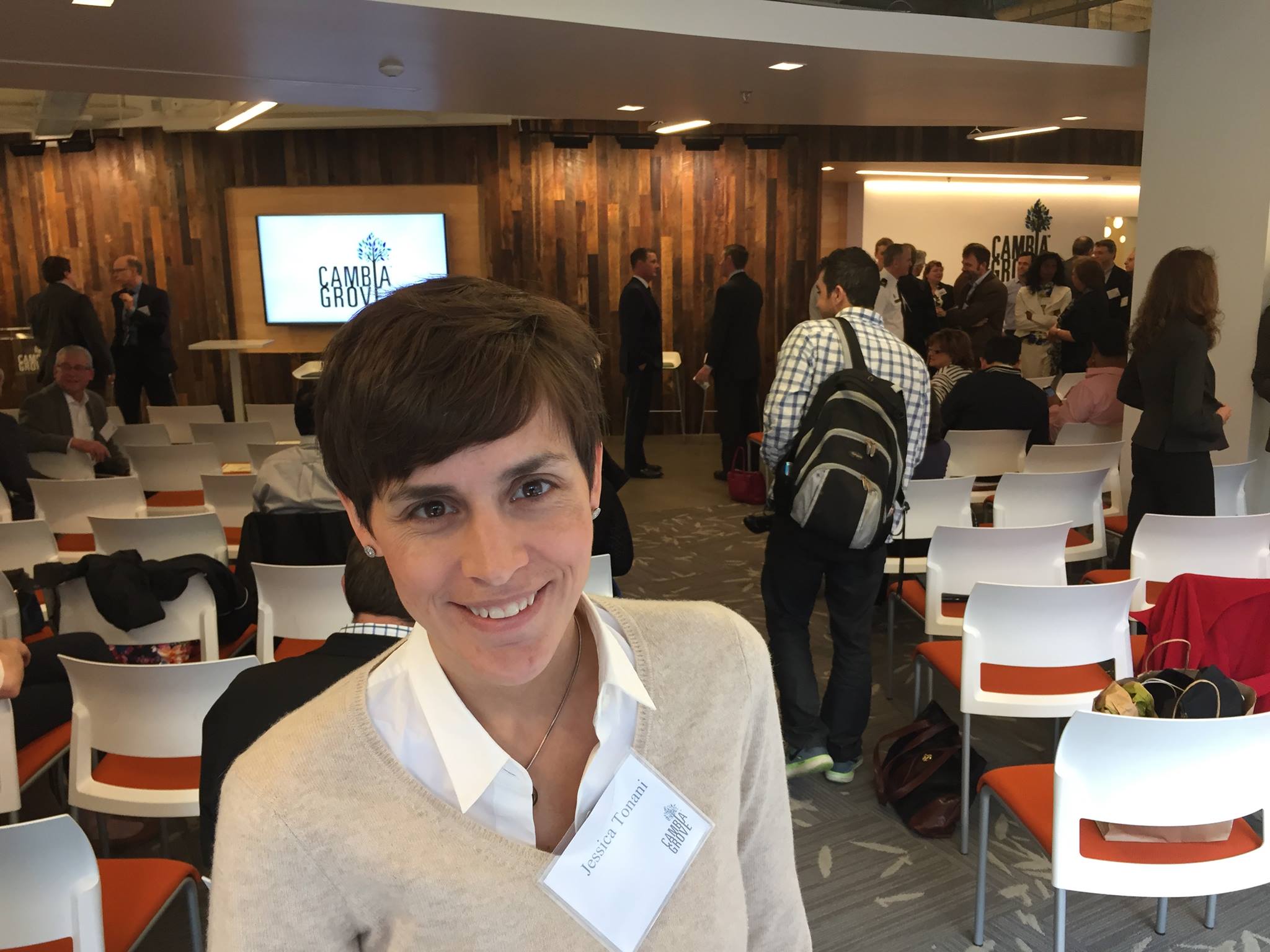
“I have been very public about the fact that I have a serious disease. At one point, I was under 100 pounds (I’m 5’8”) and was desperately waiting for a clinical trial. I began consuming cannabis and could maintain a healthier weight for my height.
“Realizing its power, I talked a few friends into partnering with me to create Verda Bio, which specializes in genetic and analytical research. We are the first bioscience company in the U.S. to receive a state-issued cannabis license.
“One of our first projects was to sequence the cannabis genome to perform research for specific conditions cannabis can potentially treat. I love that I get to use my training to help heal people.”
From Polymers to Pot
With a chemistry degree from the University of Michigan, DK Jones started her career in the polymer industry (auto, heavy construction machinery, wood, masonry, architectural) as a Coatings Chemist.
Polymers have many uses for everyday life: pharmaceuticals, clothing, plastics, paints, makeup, and anti-stick cooking pans, to name a few. There is high demand for people with Jones’ skills.
But as she explains it, “I have always been involved in natural, holistic, plant-based healing modalities, and cannabis is included in this arena. Cannabis balances our endocannabinoid system and helps heal the body.”
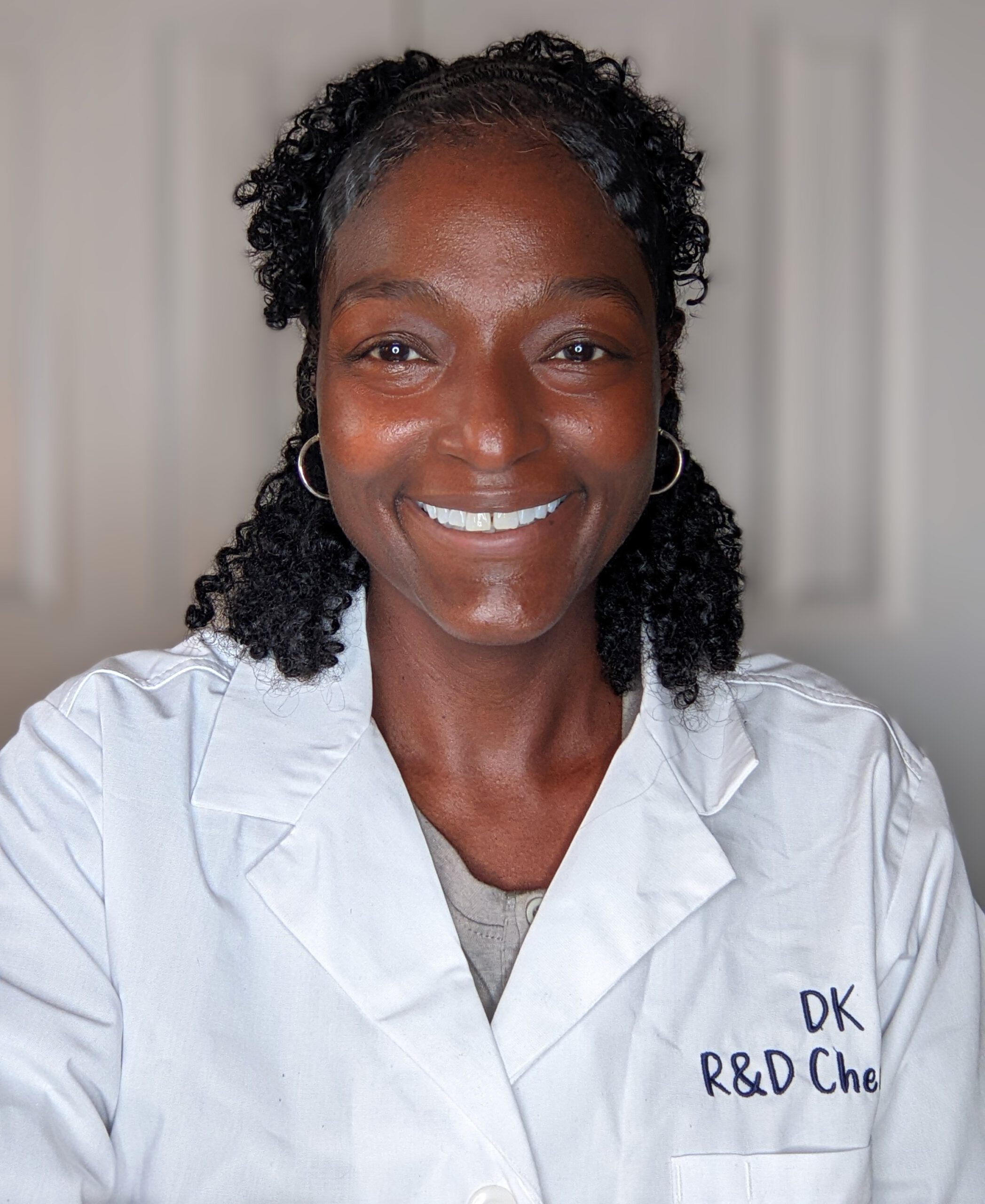
To break into the industry, Jones initially opted for plant-touching.
“I went to school to learn about the plant and its properties. I also worked at a dispensary to learn the patient side of the business.” Now living in Ohio, Jones is a holistic chemist/herbalist. She owns a fitness and wellness facility, Soza Fitness & Wellness, and a natural wellness product company, Hippie Chemist.
She also works with Dr. Bridget Cole Williams, a family physician and cannabinoid specialist, in her medical practice, Green Harvest Health/Dr. Bridget MD, helping to educate and counsel patients on living a holistic life.
Jones believes healing is a combination of modalities that include movement, using wellness products that are nontoxic to the body, and using healing herbs and food. “I see patients experiencing a plethora of medical conditions, both mental and physical. My life’s goal is to help people heal holistically, and cannabis helps.”
Overcoming Inherent Bias in the Cannabis Industry
If you are considering applying your skills in STEM for the cannabis industry, it’s not without its challenges. “I don’t feel being queer has a different energy in this space than any other,” Atwood explains. “I have had more issues being a Black woman because that’s what most people fixate on about me. I didn’t let it stop me outside cannabis, so I won’t allow it to now.”
Tonani concurs. “It’s a hard space, but one with huge opportunity.” Jones advises, “Make sure you have mentors, network, are visible, and participate in as many cannabis events as possible. Join cannabis organizations. You got this!”
This article first appeared in Volume 5 Issue 1 of Cannabis & Tech Today. Read the full issue here.



